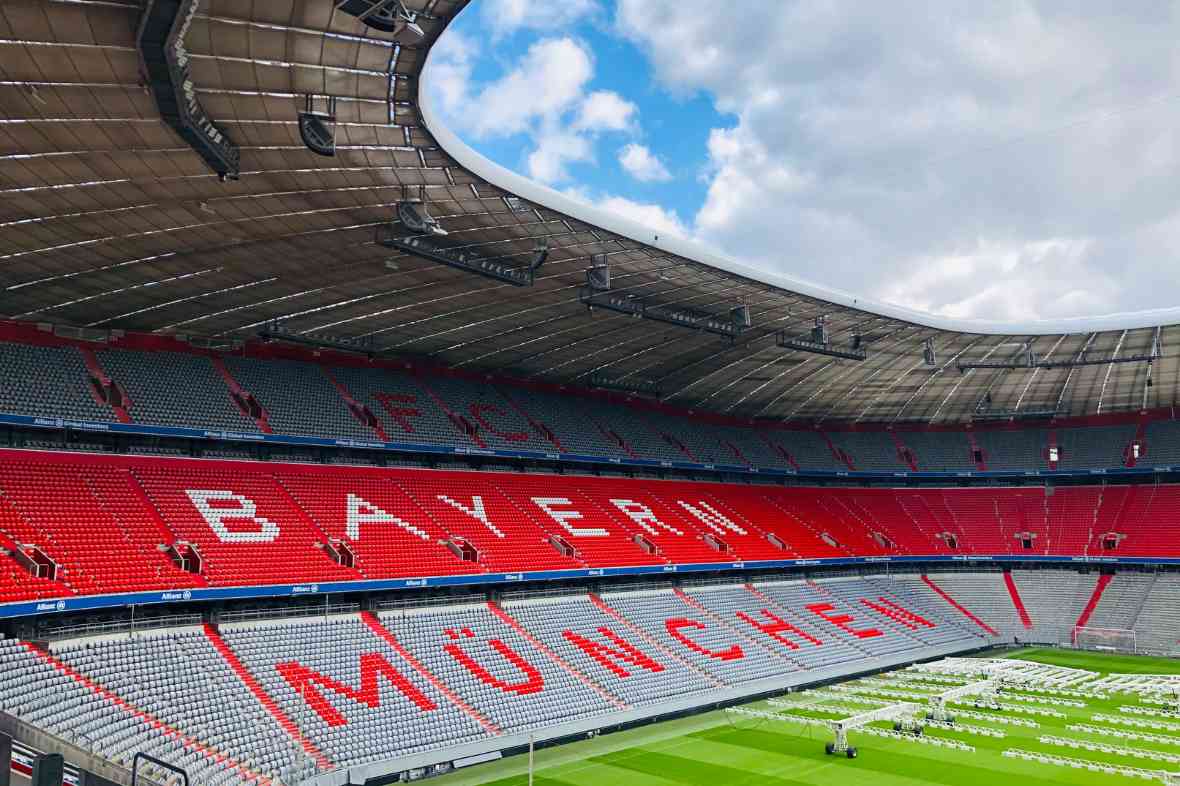As I sit in the Allianz Arena press box, the deafening roar of Bayern Munich fans celebrating yet another Bundesliga title is a stark reminder of the Bavarians’ unshakeable grip on German football. It wasn’t just a winning streak but a decade-long domination that has completely changed the landscape for football clubs in Germany, with many left wondering whether this was a boon or bane for the sport in the country.
The Rise of a Giant: A Historical Perspective of Football Clubs in Germany
To understand Bayern’s dominance, one has to go a little into the annals of German football history. Founded in 1900, Bayern Munich was only fitfully the titan it is today. Until it was formed in 1963, the Bundesliga saw, for the earlier years, at least a far more even competition, with teams like Borussia Mönchengladbach and Hamburger SV competing for titles. But Bayern’s rise in the 1970s, through legends such as Franz Beckenbauer and Gerd Müller, marked a turning point for the football clubs in Germany.
Financial Muscle: The Engine of Dominance
Undeniably, Bayern is powerful financially. The club’s commercial success, in terms of heavy-loaded sponsorship deals and steadfast participation in the Champions League, created a financial chasm between itself and other football clubs within Germany. That enables Bayern to outspend its rivals in the transfer market, attracting the best talent and weakening its competitors.
Typical examples include the transfer of young starlets like Leroy Sané and Leon Goretzka from Schalke 04 and Joshua Kimmich from RB Leipzig. Players reared by other football clubs in Germany and lured into Bayern’s greener pastures to leave their teams struggling to fill in the void.
The “Bayern Model”: A Blueprint for Success?
Bayern’s success, however, has transcended to something more than just the financial muscle. Their meticulous club management, long-term planning, and focused work on youth development paid dividends in the form of a model most viable for football clubs in Germany. The state-of-the-art academy churns out talent like Jamal Musiala and Alphonso Davies, strengthening their squad.
Bundesliga’s Financial Landscape: A Stark Contrast for Football Clubs in Germany
While Bayern thrives, most football clubs in Germany need help with financial sustainability. Contrary to the Premier League, where the proceeds from broadcasting are divided almost more equitably, the Bundesliga model is skewed toward the big clubs. This leads to a vicious circle: the small clubs cannot compete, and thus, they sell their best players to Bayern or other European giants.
Find your Nike soccer cleats:
The National Team’s “Bayernization”: A Double-Edged Sword?
Bayern’s dominance trickles into the German national team, where players from this club often dominate squad selections, and Bayern’s tactics largely influence its playing style. There has also been a school of thought that the German national team needs more diversity in its setup and should be more independent of one philosophy of Bayern, which, in turn, will hinder other football clubs in Germany from developing properly.

The German FA’s Stance: A “One Big Club” Model?
Too often, the DFB is accused of maintaining Bayern’s dominance. Various DFB policies, like the 50+1 rule preventing investors from gaining more influence, inadvertently benefit clubs like Bayern at the expense of all other football clubs across Germany.
The Bundesliga’s Competitiveness: A European Comparison
However, this is less competitive than top European leagues such as the English Premier League, La Liga, and Scudetto. The foresightedness of Bayern’s hegemony has negatively impacted domestic and international viewership and interest. It may affect the general appeal and financial health of football clubs in Germany.
The Way Forward: Striking a Balance
While Bayern’s triumph is a success of the team’s greatness, the Bundesliga has to be made into a playing field on which all football clubs can equally compete in the long run. The DFB needs to find ways to bridge the financial gap between clubs and youth development throughout the league and find a better way of sharing money from broadcasting rights.
Conclusion: A-League at a Crossroads
As I leave the Allianz Arena, I still hear the echoes of Bayern’s triumph. The Bundesliga is at a crossroads, where Bayern’s dominance is a source of pride for some but a cause for alarm as to whether there is any future for football clubs in Germany. The challenge is to rejoice over Bayern’s achievement vis-à-vis the league’s overall competitiveness and sustainability. The future of German football depends on it.
Read More Football Opinion:
